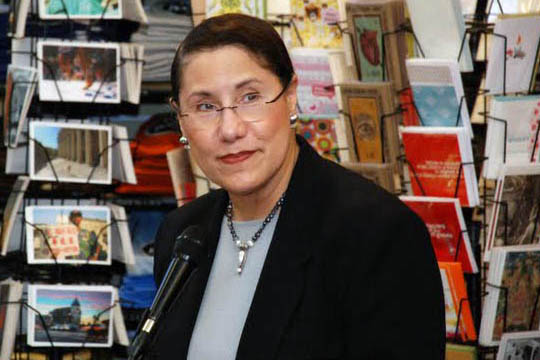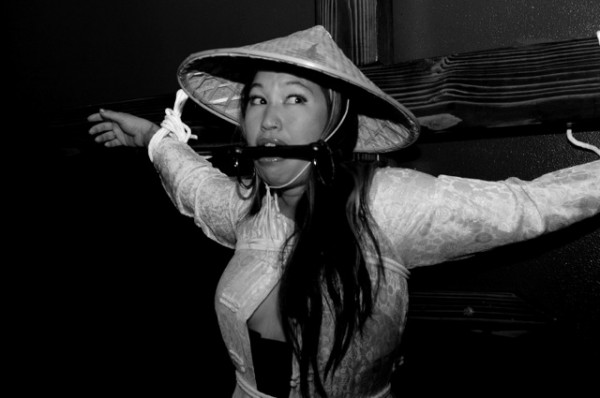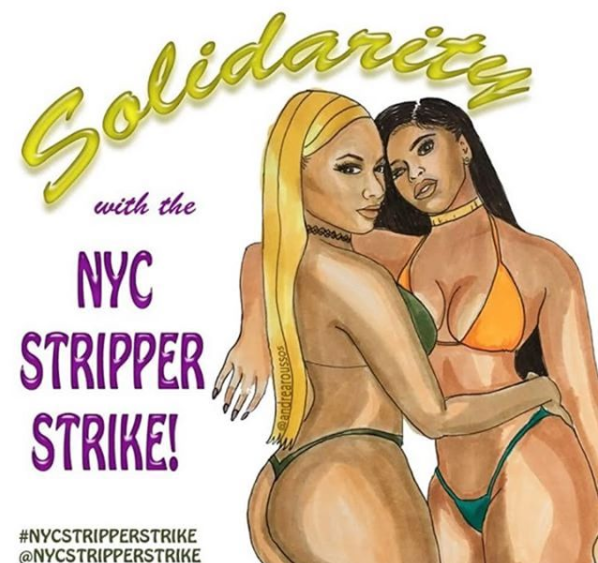Who Gets Left Out: The People Who Coined The Term—Addendum to the Respectability Politics Round Table

When we posted the Respectability Politics Round Table, Black beauty blogger and sex worker Peechington Marie immediately spoke up on Tumblr with a well-justified critique: Why, given that the term “respectability politics” itself originated within Black feminist scholarship, did the round table not include any Black sex workers as participants? We apologized for having this kind of Oh Shit Moment and asked Peechington Marie to write a short addendum to the round table elaborating on the history of the concept within the Black community and how respectability politics affect Black sex workers.
We call it “respectability politics,” but when the phrase was first coined in 1994, it was called “The Politics of Respectability” and was used by Evelyn Brooks Higginbotham as a chapter title in her book Righteous Discontent: The Women’s Movement in the Black Baptist Church, 1880-1920. But respectability politics, even before Ms. Higginbotham called them by name, affected every African American person in one way or another, and still affect us today. Try asking a Black friend of yours: “Do you know anyone who goes out in public with curlers in their hair?” and you’ll likely get an earful, maybe about why they absolutely don’t know anyone who would do that (except for their great aunt who always acted like she never had home training anyway).
Being respectable in the early Black community meant behaving in a way that would not embarrass yourself or other Black people. For example, The Baptist Women’s Convention used to visit poor Black folks, giving them pamphlets with titles like “How To Dress” and “Take A Bath First.” This was done to educate working class people on what were both the accepted and acceptable social norms established by wealthier Black communities. No one wanted their cousin LeRoy or his wife to show up to a church function improperly dressed or without their manners, and so the politics of respectability were born.



